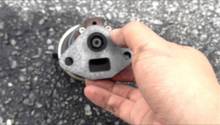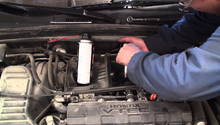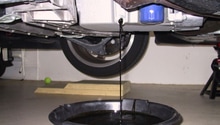Honda Accord: Why Am I Experiencing Carbon Build-up?
Carbon build-up can alter your engine's performance in a negative way. It can even prevent your Accord from passing a smog check. This article covers the common causes of carbon build up.
This article applies to the Honda Accord (1990-2002).
Carbon build-up is a common issue for every car owner. Carbon is basically un-burned fuel that has collected in your engine over a period of time. Carbon builds up more aggressively as your Accord ages. If you have a well-aged Accord, there are great chances that you already have some of it built up inside your engine. There are ways you can avoid it and some preventative measures you can take to get rid of it. Those causes are addressed here.
Dirty Air Filter
If you haven't been changing your air filter at the appropriate change intervals indicated by your owner's manual, then this can be contributing to your carbon build-up problem. Honda recommends replacing your air filter every 30,000 miles, under normal driving conditions. This means that if you live in a desert area or have a long commute, you should be changing your filter more frequently.
(Related Article: Honda Accord How to Replace Air Filter - Honda-Tech.com)
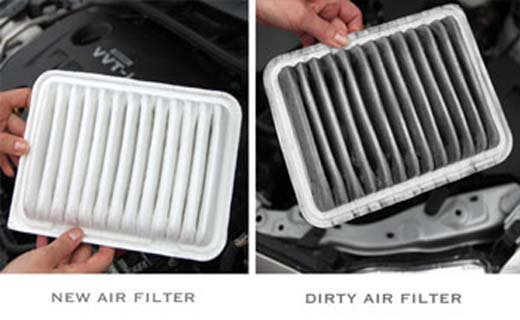
Use of Low-quality Gasoline
Using low-quality gas increases the chances of your engine developing a large carbon build-up problem. High-quality gasoline is generally agreed to include Shell and Chevron. The other brands are usually considered low-quality. It is also important to use the recommended type of fuel. Using a higher octane fuel will cause carbon build up. In addition, using a lower-than-recommended octane fuel will cause carbon build-up.
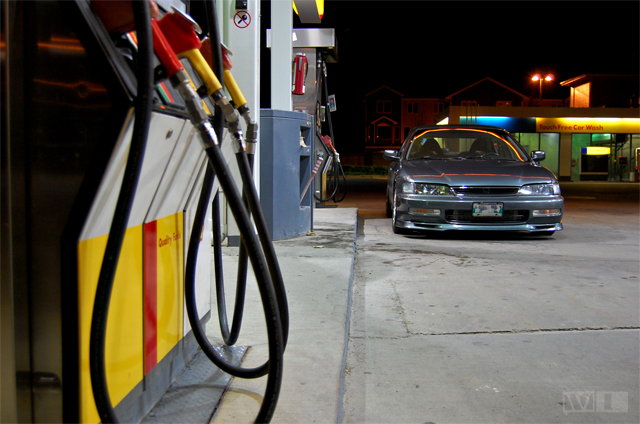
Pro Tip
Carbon deposits indicate that your engine is wasting fuel by not burning the fuel completely.
Old Fuel Injectors
Old fuel injectors can cause carbon build-up by spraying the fuel rather than properly misting the fuel. It is advised to use a fuel system cleaner at every oil change interval to help prevent this problem from occurring. Fuel system cleaners are easy to use. They require that you pour the bottle into your gas tank when empty or full; it depends on the specific instructions.

Fuel Mixture Too Rich
If your engine is running a too-rich fuel mixture, this will increase the carbon build up in your engine. If this is the suspected case, get your timing adjusted by a professional mechanic.
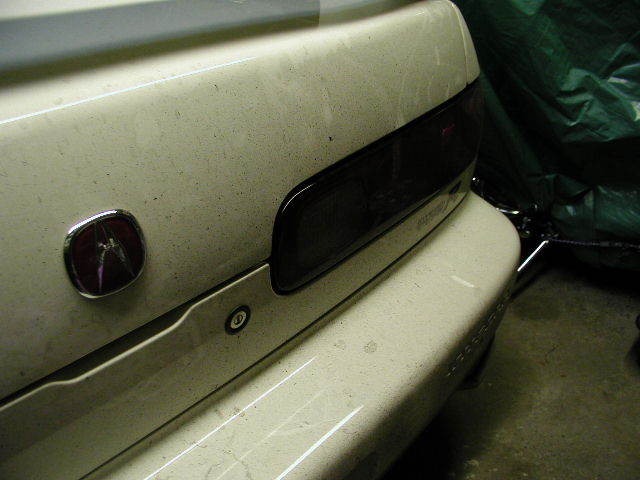
Spark Plugs Need Replacing
Weak spark coming from the spark plugs can cause carbon build-up. Be sure to replace your spark plugs and wires at the proper maintenance intervals in order to avoid this problem.
(Related Article: Honda Accord How to Replace Spark Plugs and Wires - Honda-Tech.com)
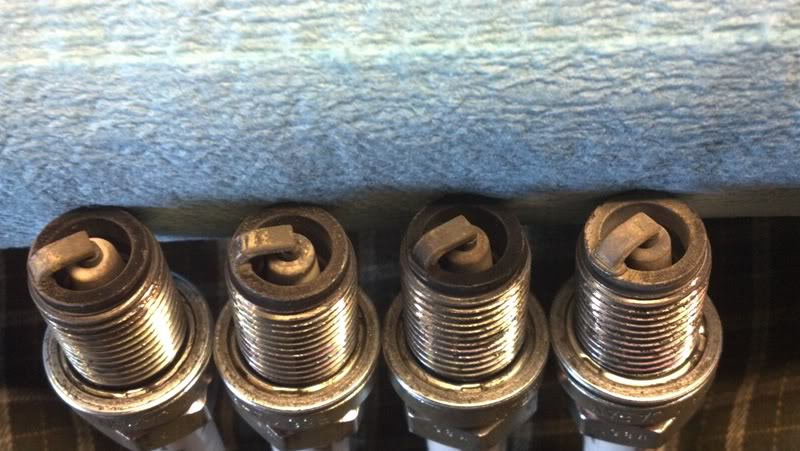
Some carbon build-up is normal in every engine. If you address these common causes, you will keep your engine running efficiently and keep the carbon build-up to a bare minimum.
Related Discussions
- Extent of Carbon Build-up on Pulled Engine - Honda-Tech.com
- Valve Cleaning Techniques - Honda-Tech.com
- Removing Carbon Deposits? - Honda-Tech.com
- Carbon Deposit - Honda-Tech.com

